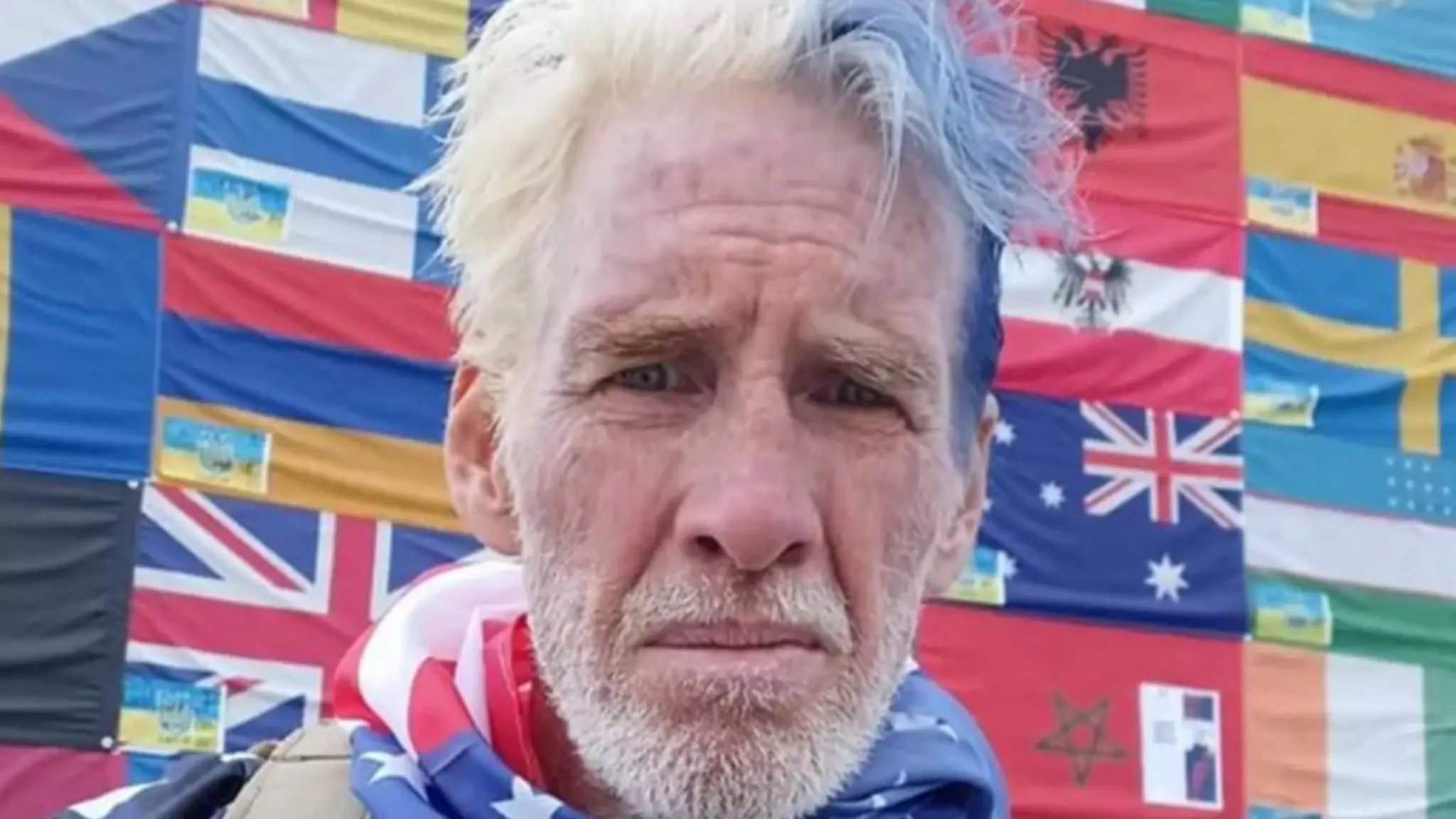In a shocking revelation, the son of Ryan Wesley Routh, the man suspected of attempting to assassinate former President Donald Trump, has expressed both disbelief and a personal struggle regarding his father’s political stances and actions. Oran Routh openly distresses over the alleged violent tendencies attributed to his father, contrasting them with the man he believes he knows. The situation not only highlights the complexities of familial relationships in the context of political turmoil but also underscores the deep divisions within American society today.
Oran describes his father as someone who expresses hatred towards Trump, mirroring the sentiments of many Americans who disapprove of the former president’s policies and actions. However, this sentiment takes on a jarring quality when juxtaposed with the allegations of attempted assassination. Oran insists that his father is not a person prone to violence, which forces one to consider the dissonance between belief and action. This incident poses fundamental questions about how political discontent can manifest in extreme behaviors, especially against the backdrop of a politically divided nation.
The Troubling History of Ryan Routh
While Oran maintains that his father has a clean record, the truth reveals a more complicated history. Ryan Routh’s past is marred by incidents that suggest deeper issues, including a notable standoff with police in 2002 involving a weapon of mass destruction. Such incidents paint a different picture of the man Oran believes his father to be, suggesting that incidents of violence or confrontation, even if they are not politically motivated, could be part of a more concerning psychological profile.
Interestingly, Ryan Routh’s activism presents a paradox. Although he has vocally supported Ukraine in its conflict with Russia and has engaged with military units over there, his political views do not seem to follow a logical path. His social media activity has been critical of Trump, yet he has also shown support for Republican candidates, illustrating the multifaceted nature of political ideology in contemporary America. These contradictions raise the question of whether Routh’s abhorrence for Trump stemmed from genuine ideological differences or was a byproduct of his psychological struggles.
Oran Routh’s beliefs mirror those of many Americans who grapple with their relationship to politics in the modern age, particularly regarding political violence. The father’s actions, now attributed to a broader struggle against perceived political evils, serve as a reminder of how damaging political rhetoric can become when paired with personal frustration. In expressing disbelief that his father’s hatred could lead to such extreme actions, Oran embodies a broader societal contradiction: navigating the complexities of political dissent without endorsing violence as a form of expression.
Conclusion: Understanding Political Extremes
As this situation continues to unfold, it sheds light on the precarious balance between political frustration and personal responsibility. It reminds us that behind every headline and every criminal action lies a nuanced tapestry of beliefs, emotions, and histories. In Oran’s heart-wrenching recounting of his father’s alleged crimes and political philosophies, we see a poignant reflection of the deep fractures in America’s political landscape — fractures that could lead individuals down dark paths. The intersection of personal trauma with political grievances offers a harsh but necessary lens through which to examine the broader implications of our current age of divisive politics.

